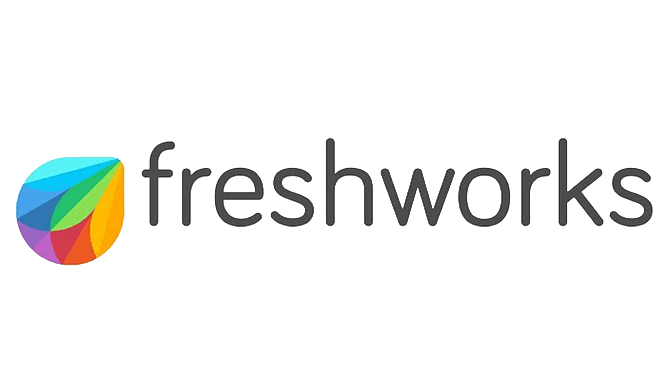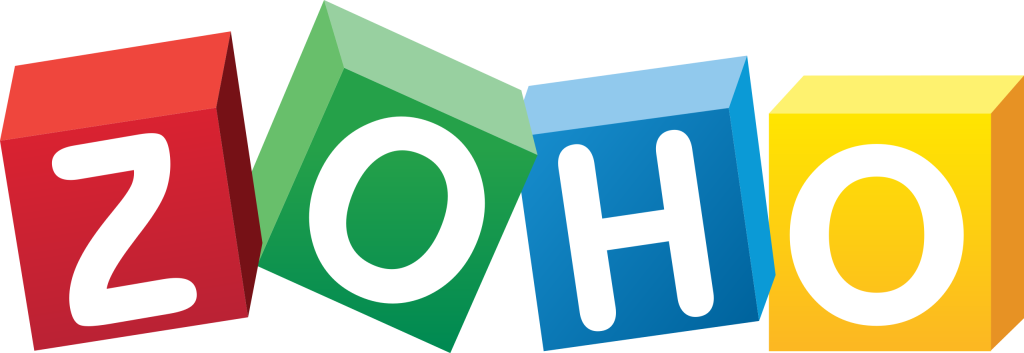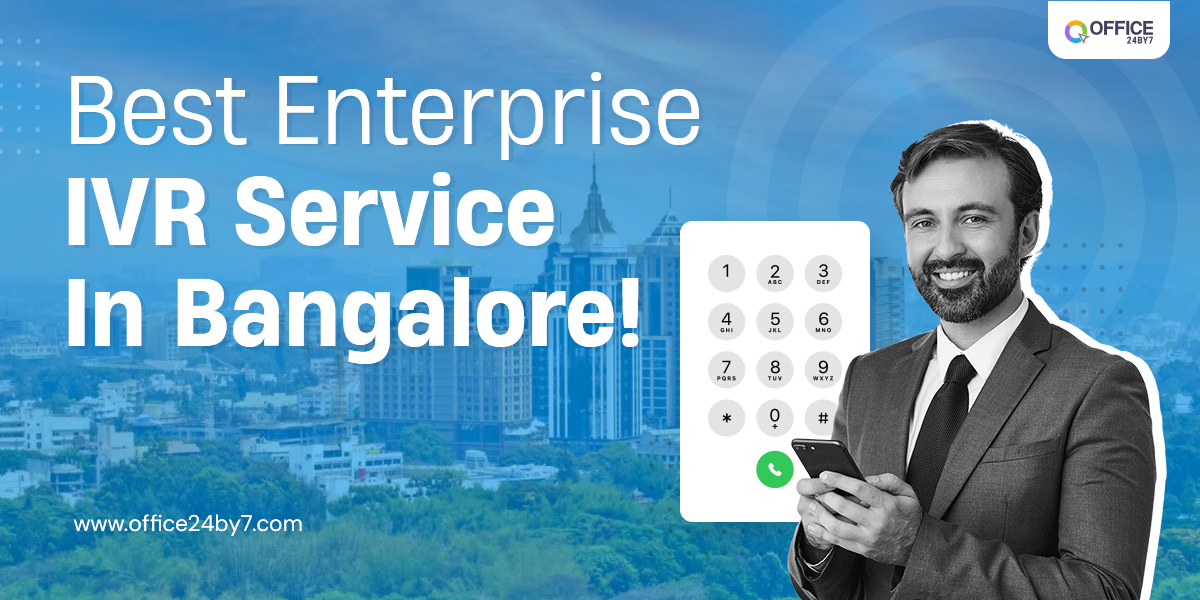Sales professionals find it challenging to manage all aspects of sales transactions, such as prioritizing, organizing, and analyzing them. It is further overwhelming to handle numerous deals involving different customer needs. Organizations often look for a process by which they can streamline various aspects of their business deals to improve efficiency, performance, and conversion. This is where deal management comes into play.
- What is Deal Management?
- How Can Deal Management Benefit Your Business
- Admirable Features of a Deal Management System
- How Deal Management Streamlines the Sales Process
- What are the Various Steps Involved in Deal Management Process?
- Three Powerful Suggestions That Will Help You Manage Your Transactions Better
- Deal Management: How to Put It Into Practice
- Conclusion
What is Deal Management?
Deal management refers to a system that helps businesses track and prioritize all offers, regardless of their position in the sales funnel. The primary objective of deal management is to negotiate transactions that benefit the seller. Strong sales performance enables companies to generate more revenue, ensuring a higher return on investment.
Beyond financial considerations, effective deal management also takes into account how future agreements can impact the brand’s overall income, extending beyond just the monetary aspect. By employing efficient deal management software, businesses can efficiently organize and prioritize their deals, leading to increased sales performance and greater profitability. By strategically managing deals and focusing on long-term implications, companies can enhance their overall business success.
How Can Deal Management Benefit Your Business
Deal management is also referred to as deal lifecycle management, as it is all about managing the entire lifecycle of a deal. It offers several advantages that can positively impact your business’s sales and revenue. Here are some key benefits of focusing on deal management:
Accurate Sales Projections
Deal management enables the sales team to conduct thorough data analysis by leveraging the reports gathered from different leads. This, in turn, allows precise forecasts of future sales, encouraging the business for effective planning and strategizing. Accuracy in sales projections leads to improved visibility into the sales process.
Efficient Sales Funnel Management
Equipped with an array of functions, deal lifecycle management makes it easier for the sales staff to oversee and effectively handle various stages of the sales funnel. This streamlined approach drives leads further down the funnel, resulting in increased conversions and more purchases.
Prioritize High-Value Transactions
Deal management integrated with CRM software empowers the sales force to prioritize high-value transactions crucial to the company’s success. Focusing on high-priority deals increases the chances of successfully closing them. It also leads to increased sales, reduced costs, and improved customer satisfaction.
Consistent Brand Messaging
Throughout the entire sales process, deal lifecycle management ensures that the brand message remains clear and consistent. It builds brand value and drives sales by providing users with a comprehensive view of all promotional activities and lead opportunities.
Enhanced Understanding of Customer Needs
Deal management software generates insightful reports and analytics, which enables the sales teams to understand the exact requirements of prospects. This helps the team stay in tune with changing customer needs and adapt to their approach accordingly.
Integrating deal management into CRM software can remarkably improve sales efficiency, strengthen customer relationships, and drive overall business growth. It provides valuable insights and optimizes sales pipeline processes, which makes it an indispensable tool for any business.
Admirable Features of a Deal Management System
A deal management system, which is a component of Customer Relationship Management (CRM), offers many features designed to monitor, organize, and analyze sales agreements efficiently. Here are some key features that make a deal management system highly effective:
Take Charge and Monitor Deals
A robust CRM software helps to create, edit, and monitor all deals generated through multiple sales funnels. It helps to track and oversee the progress of each deal, which helps in gaining valuable data to formulate future marketing campaigns. The customizable stages in the CRM system allow personalized interactions with potential clients with diverse needs.
Comprehensive Overview
The deal management feature of the CRM tool provides multiple viewing options, including Kanban Boards, grids, and lists, which offer a comprehensive review of sales. These versatile views extend a bird’s-eye perspective of all the leads and sales and can be personalized to one’s choices, ensuring clarity in decision-making.
User-Defined Fields
Effective CRM software allows the creation of custom sales funnels with relevant data, making it tailored to the business’s specific needs. Customization also enables the creation, modification, or removal of fields to match the ever-changing requirements of various enterprises, regardless of the number of domains a business manage.
How Deal Management Streamlines the Sales Process
Implementing an effective deal management system can aid in improving sales performance and winning more business in lesser time. Here are the three key advantages of utilizing deal management to optimize your sales process:
Improved Levels of Preparedness
A well-structured deal management process helps gain access to complete information and essential tools and assists in making informed and adaptable decisions. For instance, in scenarios like your boss being unavailable for a customer call due to technical issues, a well-defined deal management approach allows you to:
- Step in and represent your superior confidently
- Utilize available data to make informed choices
- Maintain the momentum of the agreement
Being better prepared enables you to pivot and adapt to unforeseen circumstances, building a more resilient and responsive organization.
Enhanced Internal Consistency
One of the prime focuses of any business is to close the maximum possible deals. Human errors or personal preferences can be a hindrance to achieving this target. A well-established deal management system can avoid these errors by allowing consistent engagement with potential customers after modifying and setting transaction conditions. This consistency allows the sales team to improve their skills and deliver a more enhanced customer experience throughout the sales pipeline.
Accelerated Sales Cycle
Time is a crucial factor in sales process management. Research shows that the length of the sales cycle directly impacts the likelihood of converting prospects into customers. A well-organized deal management system helps expedite the sales process and maintain strong connections with prospects, delivering solution-based engagements.
What are the Various Steps Involved in Deal Management Process?
Deal management involves efficiently handling sales opportunities and maximizing their potential. Successful deal management usually includes these five steps:
Step 1: Plan the Process
Devise an efficient system to manage deals that align with the organizational goals and requirements. To formulate a comprehensive plan, consider the available resources and past challenges. Managing deals must be adaptable and simplified to consider different forms of customer agreements effectively. Try to answer the following questions in order to develop a solid plan for deal management:
- What types of business partnerships does your organization currently engage in?
- Who are all responsible for the various steps involved in the sales process?
- What challenges in the past have resulted in unsuccessful business transactions?
- What are the necessary resources for the successful implementation of the plan?
Step 2: Implement the Process
Utilize deal management software like Office24by7, Monday.com, or HubSpot to execute your plan. These software facilitate importing supplier’s data and consolidating them into a single platform, simplifying opportunity management and execution of business transactions. Ensuring proper onboarding is a crucial factor in implementation. Everyone who is a part of the process must be aware of your objectives and how to use the management software. Failure to ensure this puts you in the trouble of fixing the flaws due to the inefficient implementation of the deal management process.
Step 3: Pre-Deal
During this step, negotiate new arrangements with potential customers by focusing on the problems your product/service solves. One of the most important aspects of the pre-deal stage is successfully negotiating and getting beyond any objections raised by the customer. Address the objections raised by them and tailor the sales presentation to meet their specific needs.
Step 4: Handover
If your company follows a structure where the individuals who negotiate and manage the contract differ, then the prospect must be transferred to the former. On the other hand, if you are personally responsible for bringing the transaction to a successful close, you may skip this and go directly to step 5.
Ensuring a smooth handover is a challenge due to the fact that prospects don’t like to speak with a new individual who they haven’t dealt with. Introduce the prospect to the next person and guide them through the offer’s specifics, ensuring continuity. All parties engaged in the deal lifecycle management process should be aware of what actions are expected of them to bring about a successful outcome.
Step 5: Complete the Transaction
Make your offer for the product or service, creating a relaxed atmosphere for the prospect. Set a deadline to generate a sense of urgency, and ensure they understand the contract parameters. Once all parties have agreed and signed, congratulations, you have a new client!
Three Powerful Suggestions That Will Help You Manage Your Transactions Better
The following is a trio of impactful recommendations aimed at enhancing the effectiveness of your sales procedures and contributing more value to your interactions with each client or customer.
Collect All Relevant Data
You should try to learn more about your prospect, such as their long-term objectives, risks in achieving those goals, and their unique pain points. This knowledge may be used to build trust and promote your goods or services to potential customers.
Initiate meaningful engagements by collecting measurable data, an excellent tool for effectively closing deals. Mapping your route before charting the voyage ensures informed decision-making, avoiding pitfalls others have encountered. In most cases, more than one individual is involved in purchasing decisions. Therefore, the sale may not happen if the person who acts as your point of contact lacks the authority to make purchasing choices. Establish as many connections inside the organization as possible to increase your chances of getting what you want. This will guarantee that the contract does not depend on a single link, increasing the likelihood of you successfully closing a deal.
Maintain Your Patience Throughout the Process of Pricing and Procurement
Even with a well-laid plan, you still risk losing the transaction if you don’t manage the pricing and procurement process efficiently. You may need to speed through the remaining parts of the transaction, but exercising patience and being strategic is of the utmost importance in this situation. When you have finished providing your prospect with the price data, press the stop button. Give the prospect enough time to answer, and avoid the urge to provide a discount to speed up the sales process.
Avoid hasty discounts that might compromise the deal’s integrity. Trust in your negotiation prowess and the value you’ve delivered. Your rapport-building efforts will pay dividends, ensuring seamless issue resolution during subsequent interactions.
Deal Management Tools
Optimize transactional efficiency with dedicated deal management solutions. Deal management solutions are designed to help you organize, monitor, analyze, and prioritize your transactions more efficiently. They also help you effectively predict, prioritize transactions, and increase cooperation throughout the whole team, in addition to automating many facets of deal administration.
Deal Management: How to Put It Into Practice
Efficient deal management solutions transform your approach to handling transactions. If your team uses one of these tools, your team’s deal management process will become more precise and efficient, allowing sales representatives to spend less time on administrative work and more time with leads and customers.
In order to assist you in getting started with the search for a deal management solution, here are five different possibilities to consider:
Office24by7

Office24by7 is indeed one of the best deal management software out there. If you are looking for software that can track the lead journey right from its inception, then Office24by7 is the best option.
Our software not only tracks the lead but also observes the time required to attain it, the investment that has gone into it, and the return on investment (ROI). This empowers organizations with actionable insights to achieve their objectives effectively.
HubSpot

With HubSpot, you can create automated playbooks and set up triggers that tell your team when key steps taken by prospects have been accomplished. This allows more effective management of your transactions. In addition, HubSpot assists you during the whole sales cycle in storing, tracking, managing, and reporting each client action. You may also personalize reports so that they follow the parameters and performance of deals that are most important to you. Use the deal tracking software provided by HubSpot to understand the active offers inside your sales pipeline. This allows you to prioritize the deals that will assist you in meeting your quota.
Freshworks

The deal management software by Freshworks provides you with deal insights based on artificial intelligence regarding which transactions have the best chance of closing and allows sales representatives to focus their efforts where it matters most. Freshworks automates the sales process by generating deals for you and allowing you to drag & drop those deals to reposition them on a visual representation of your sales funnel. Freshworks not only correctly anticipates and predicts income but also reveals why you’re losing transactions so that you can make the required improvements to your business strategy.
Monday.com

Monday.com provides a solution for sales and deal management, which includes assistance for lead and pipeline management, monitoring of sales orders, and lead handover. You may modify the platform in order to make it conform to your company’s sales cycle and pipeline without having to write any code. You may manage your sales pipelines using a single deal management dashboard, where you can monitor the development of individual offers and prioritize them depending on how near they get to being converted (or at risk of churning). With monthly objectives and a reporting dashboard, it is simple to examine the number of transactions in each stage of the buyer’s journey, which sales representatives are working on which prospects, and other data that are necessary to your sales organization.
Zoho

Zoho is a CRM platform with a deal management solution for managing transactions across various sales structures and regions. You can see all of the data associated with your transactions through a single deal management dashboard that allows you to know the status of your agreements in seconds. You may also construct sales funnels that are fully configurable to accommodate a variety of sales procedures that apply to all of your goods and services. Zia, a sales forecasting tool driven by artificial intelligence (AI) developed by Zoho, may also assist you in determining which transactions should be prioritized based on the chance of a conversion.
DealRoom

DealRoom is software for managing M&A transactions that help you organize your deals, monitor the flow of your negotiations, and get crucial information about all your deals. The application can manage several transactions at the same time, enabling you to evaluate the performance of your sales plan, irrespective of its stage. Deals should be assigned to a project lead and seen in accordance with their assigned work to ensure that everyone is aware of their position and how to cooperate on deals most effectively. DealRoom is designed to interact with a wide range of M&A technologies, including Slack, Google, and Salesforce, allowing you to communicate with your team, manage your transactions, and oversee your sales funnel without ever leaving the application.
Conclusion
Deal management is the act of organizing, tracking, measuring, and analyzing your future, existing, and historical deals. As a result, it will assist your sales staff in improving their performance and expanding more effectively. Deal management systems allow you to automate these procedures, freeing up more of your time and improving their accuracy. In addition, they determine which agreements should have the highest priority and provide suggestions based on all of the deal data that they gather. This is why it is important for you to have the right tools at your disposal.


